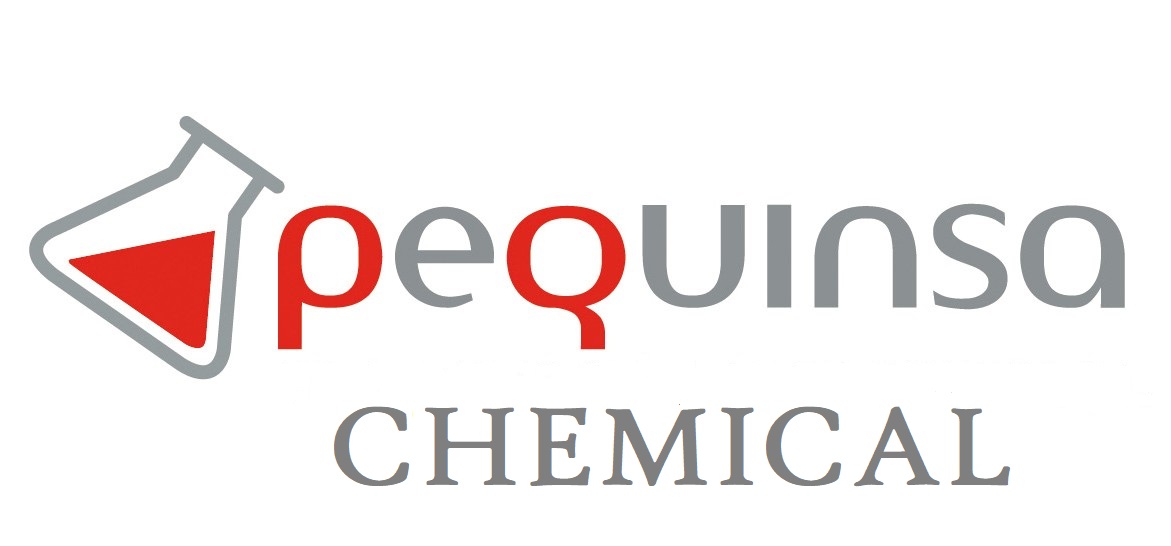-
Categories
-
Pharmaceutical Intermediates
-
Active Pharmaceutical Ingredients
-
Food Additives
- Industrial Coatings
- Agrochemicals
- Dyes and Pigments
- Surfactant
- Flavors and Fragrances
- Chemical Reagents
- Catalyst and Auxiliary
- Natural Products
- Inorganic Chemistry
-
Organic Chemistry
-
Biochemical Engineering
- Analytical Chemistry
-
Cosmetic Ingredient
- Water Treatment Chemical
-
Pharmaceutical Intermediates
Promotion
ECHEMI Mall
Wholesale
Weekly Price
Exhibition
News
-
Trade Service
Ischemic heart disease (IHD) caused more than 9 million deaths in 2016
.
There is a lot of evidence that high intake of saturated fatty acids will increase low-density lipoprotein cholesterol (LDLc), and high-salt diet will increase blood pressure, both of which are risk factors for IHD
Two recent meta-analyses stated that red meat is positively associated with IHD
.
In order to conduct a more comprehensive assessment of the relationship between meat intake and IHD, researchers from the Nuffield Department of Population Health at Oxford University conducted the largest systematic review of the forward-looking evidence to date, including more than 1.
Keren Papier et al, Meat consumption and risk of ischemic heart disease: A systematic review and meta-analysis, Critical Reviews in Food Science and Nutrition? (2021).
DOI: 10.
1080/10408398.
2021.
1949575
DOI: 10.
1080/10408398.
2021.
1949575
These studies were conducted in Asia (n = 3), the United States (n = 4), Australia (n = 1), Europe (n = 4), and a multinational cohort was conducted in the Americas, Asia, Africa, and Europe
.
Most studies cover middle-aged or elderly people at baseline
According to 16 estimates from 12 studies, for every additional 50 g/day of unprocessed red meat (such as beef, lamb, and pork) intake, the risk of IHD may increase by 9%, and the aggregate risk ratio RR of IHD is 1.
09
.
09
.
The relative risk of ischemic heart disease for every 50g/day of processed meat products (such as bacon, ham, and sausage)
.
According to 12 estimates from 10 studies, for every 50g/day increase in processed meat intake, the risk of IHD may increase by 18%
The relative risk of ischemic heart disease for every 50g/day of processed meat products (such as bacon, ham, and sausage)
The aggregate RR of IHD for an increase in intake of 50 grams of poultry meat per day is 1.
In this meta-analysis of a prospective study involving more than 1.
Unprocessed red meat and processed meat contain more saturated fatty acids per gram than poultry meat, which may explain that IHD is not related to poultry meat intake
.
Another possibility is that the unique mechanism of red meat intake is trimethylamine oxide (TMAO), which may increase the risk of IHD by promoting atherosclerosis; red meat intake can cause the intestinal microbiota to increase the risk of L-carnitine.
Trimethylamine oxide is an intestinal-derived flora-related metabolite, which is synthesized in the liver of the host.
The formation of the precursor trimethylamine (TMA) cannot be separated from the participation of the intestinal flora
.
Part of the intestinal flora can produce trimethylamine lyase, which converts choline, betaine, carnitine, and TMAO that are directly ingested or indirectly produced into TMA, which enters the liver through the portal circulation and is monooxygenated by flavin Enzymes (FMOs) oxidize to produce TMAO
There is some evidence that, due to high hemoglobin content of red meat and processed meats, the intake of high levels of inflammatory biomarkers was positively off
.
However, the specific causal mechanism linking red meat and processed meat products to IHD remains unclear
.
Due to the high heme content of red meat and processed meat, their intake is associated with higher inflammation biomarkers.
Normal phase
Original source:
Keren Papier et al, Meat consumption and risk of ischemic heart disease: A systematic review and meta-analysis, Critical Reviews in Food Science and Nutrition (2021).
DOI: 10.
1080/10408398.
2021.
1949575
DOI: 10.
1080/10408398.
2021.
1949575 Keren Papier et al, Meat consumption and risk of ischemic heart disease: A systematic review and meta-analysis, Critical Reviews in Food Science and Nutrition (2021).
Leave a comment here







